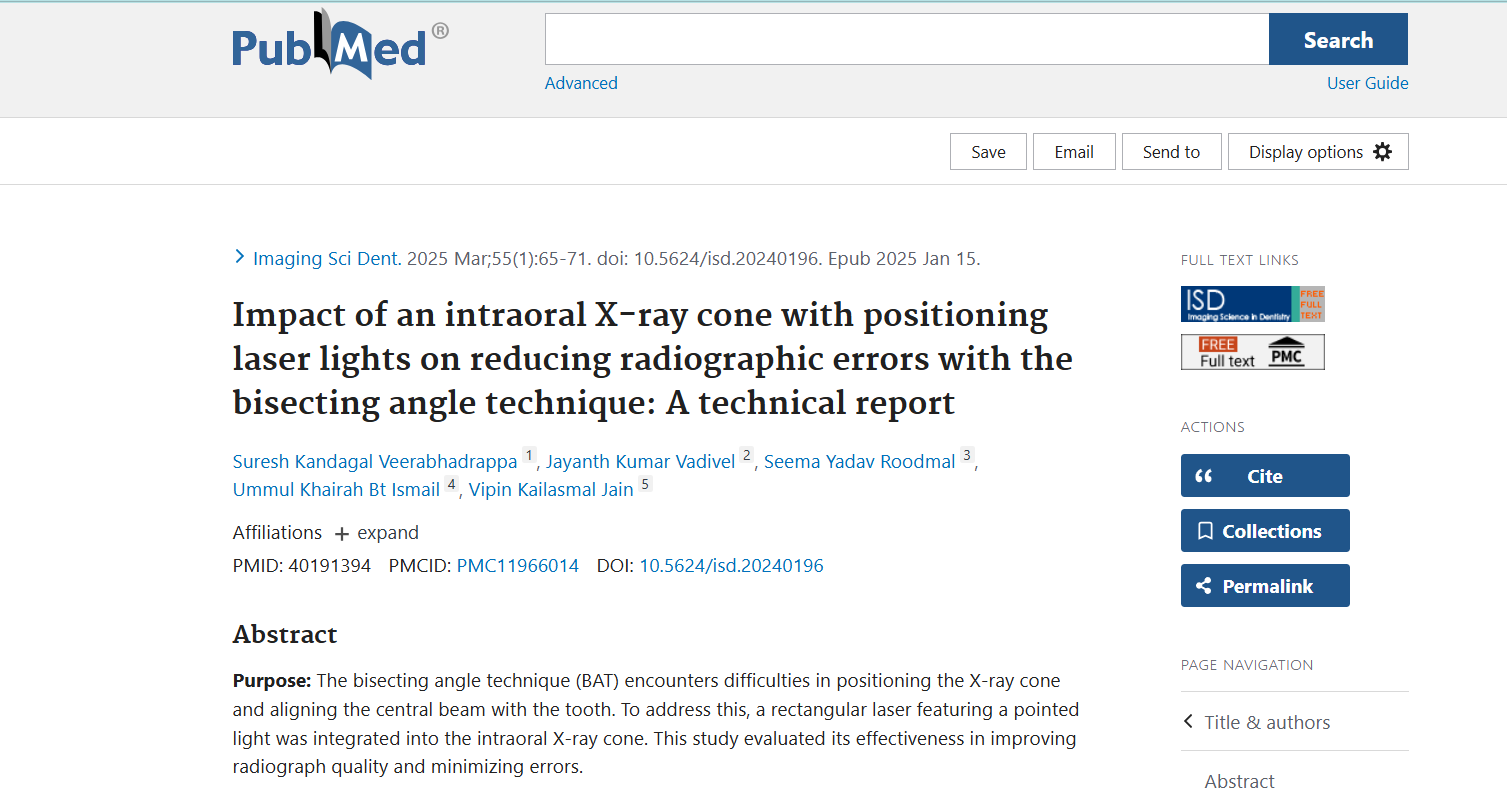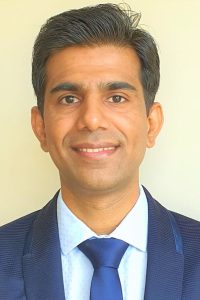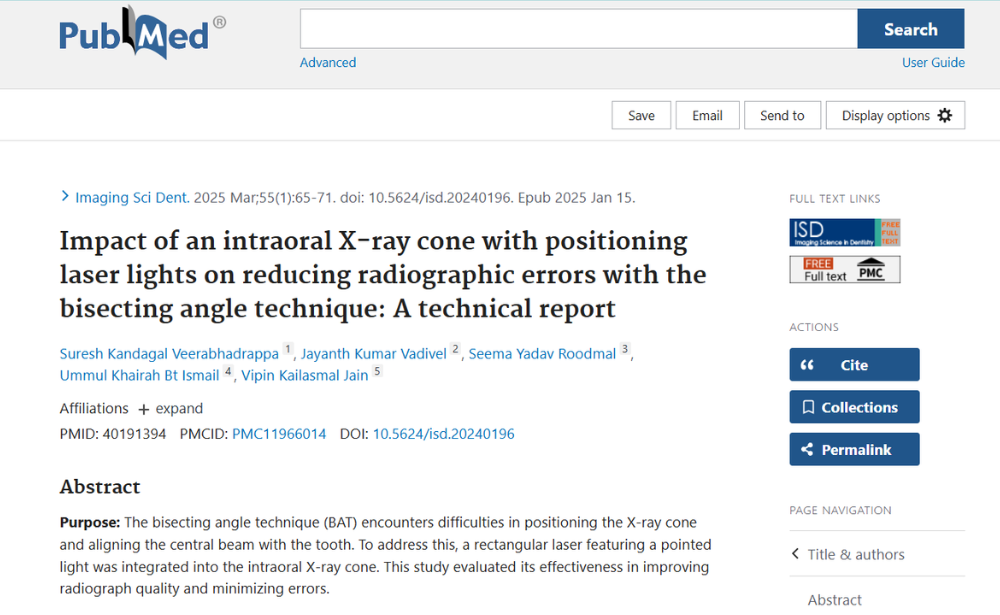A groundbreaking innovation developed by Dr Suresh Kandagal Veerabhadrappa, Associate Professor at the Faculty of Dentistry, SEGi University, has been published in the prestigious Imaging Science in Dentistry journal. The research introduces a patent-pending intraoral X-ray cone equipped with integrated positioning laser lights—an advancement poised to transform dental radiographic practices by significantly reducing positioning errors and enhancing image clarity.
This novel device ensures precise alignment during radiographic procedures, especially when using the bisecting angle technique. By reducing misalignments, the technology improves diagnostic image quality, minimises patients’ radiation exposure, and reduces the need for repeated X-rays—saving clinical time and radiographic resources. Such innovations directly enhance treatment outcomes, patient safety, and overall efficiency in dental healthcare delivery.
The study, co-authored by Dr Veerabhadrappa alongside researchers Vadivel JK, Roodmal SY, Ismail UKB, and Jain VK, presents empirical findings supporting the device’s ability to reduce radiographic errors. The article is indexed in PubMed and archived in PMC, demonstrating its academic credibility and global reach (DOI: 10.5624/isd.20240196; PMID: 40191394; PMCID: PMC11966014).
Globally, the World Health Organization has highlighted that over 3.5 billion people are affected by oral diseases, many of which rely on accurate radiographic diagnosis for effective treatment. Ensuring radiation safety and diagnostic precision is not just a matter of technical excellence—it is a public health priority. By tackling radiographic inaccuracy, this innovation directly supports safer, more effective care in both high- and low-resource settings.
SEGi’s commitment to impactful research and sustainable innovation is reflected in this publication, which bridges academic knowledge with real-world clinical application. The advancement aligns closely with global calls for smarter healthcare solutions that are not only effective but also ethical, patient-centric, and environmentally responsible.
This event is organised in support of the following United Nations Sustainable Development Goals (SDG):
SDG 3: Good Health and Well-Being
SDG 9: Industry, Innovation and Infrastructure
SDG 12: Responsible Consumption and Production



